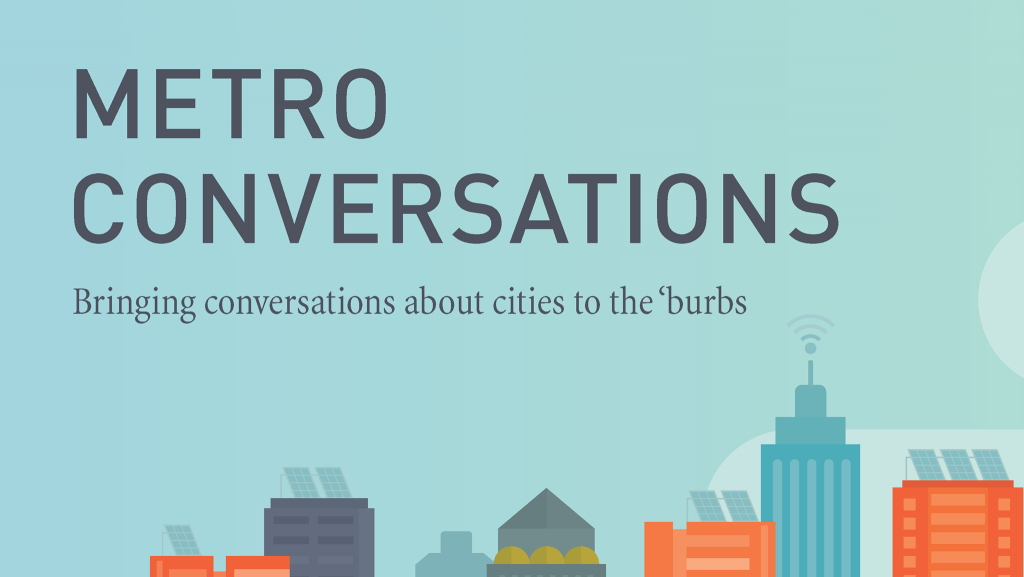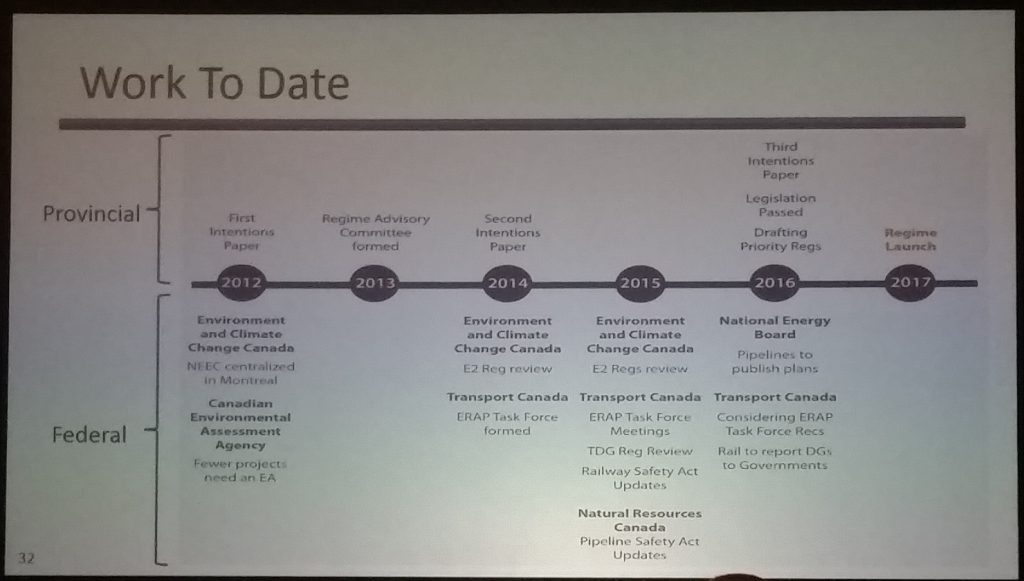Cursory apology for not writing enough or answering my queued “Ask Pat”s. Things will change in January, I’m not promising much until then. However, something this newsworthy requires comment, and I’m not going to sleep tonight until I write something down. No time for editing, let’s go.
“Cazart!” is a word invented by the Doctor of Gonzo Journalism, Hunter S. Thompson. He defined it as “Holy Shit! I should have known.” However that definition lacks the sense of fatal acceptance and calm that the second clause must be spoken with in order to hit the true feeling. It is the shock of surprise at something that was always obvious; we knew it was coming, but perhaps we hoped against.
To quote the esteemed Doctor himself:
“Cazart” goes far beyond mere shock, outrage, etc. If Bill had a better grip on semantics, he would have told you it meant “Holy Shit! I might have known!” Fatalism, I’d say. It’s a mountain word, but not commonly used……In contemporary terms, we might compare it to the first verbal outburst of a long-time cocaine runner who knew he was bound to be nailed, eventually, but when it finally happens he instinctively shouts “Cazart!”
A good friend of mine succinctly summed up in a tweet much of my thoughts – not just about the approval of the Trans Mountain Pipeline Extension Project, but about the way we continue to dance around the edges of serious issues in this province and this country:

The profundity of that comment needs a whole new blog post. so instead, I’m going to write about the completely predictable failure represented by the approval of the Trans Mountain Pipeline Extension Project.
I am not a distant observer of the Trans Mountain project. I worked on the Environmental Assessment National Energy Board Review. I read and critiqued the Project Description, and the reams of correspondence from stakeholders, intervenors, commenters. I was a participant the Review Process, and could see how the cards were stacked. I attended the protest camp at Burnaby Mountain and wrote about the impacts on New Westminster. I spent a bunch of time converting tonnes to barrels to cubic metres to understand the throughputs of the existing and planned pipelines, what it means for tanker traffic, for our domestic fuel supply in the Lower Mainland, and for Pacific Northwest refineries. I attended emergency planning drills at the Westridge Terminals when they ran boom boats around showing how easy a clean-up was (a very different experience that folks up in Bella Bella had with the Nathan E. Steward spill). I have talked with my colleagues from across the Pacific Northwest at the Safe Energy Leadership Alliance. I attended the Trudeau government “Panel Review” that was meant to get to the bottom of the conflict about the project, and found it wanting.
All this to say my opposition to this project is not uninformed, knee-jerk, or equivocal. Providing a Texas-based tax-avoidance scheme the right to threaten what is most sacred to British Columbia, “Splendor Sine Occasu”, makes no economic, social, environmental, moral or practical sense. It is a betrayal of our communities, of the nations that were here before us, and of the generations that will (hopefully) come after. It is a failure to lead and a failure to dream.
I admit that I believed that when Trudeau’s refreshed Canada walked into the Paris meeting and said “we’re back”, we were telling the world that we were ready to lead again. I hoped (dreamed?) we were ready to take a role respective of our technological and economic advantages, catch up with true global leaders, and begin beating our energy swords into plowshares. At the least, we would begin respecting our commitments to ourselves and the world. Instead, it is clear we are going to continue to subsidize the industry that provides all those fragile eggs to Alberta’s wobbly basket. We will subsidize it directly through our tax dollars, we will subsidize it through infrastructure investments like 10-lane bridges that lock a generation into unsustainable fossil-fuel-dependent transportation choices, subsidize it through forsaking future opportunities and risking the ultimate destruction of everything we value in our spectacular BC coast.
It doesn’t really matter if that destruction comes from a single “72-hour spill response time” incident or from gradual and inexorable rises in temperature and sea levels. We have sold our legacy, forgiven our opportunity, failed to find a vision that would allow it to exist.
Justin Trudeau was elected because people saw something akin to a new vision. We had enough of the stuffy old white guy with the 19th century solutions, and were not compelled by the other stuffy old white guy and his 20th century solutions. Dickens and Steinbeck (respectively) had nothing on Copeland and Klosterman. The promise was a new direction from the new generation. Fresh ideas and approaches, more personal politics, dare I say “Sunny Ways”. Traditional ideas like fearing deficits, letting oil companies tell us what’s what, or keeping your sleeves buttoned at your wrists were tossed aside. Canada’s back, baby, with a sexy swagger. We convinced ourselves that we could dream more hopeful dreams, that our ambitions to be something better would be realized.
Alas, before the election ballots were counted, long-time observers were asking how soon the Liberals would course-correct to the right with hackneyed neo-liberal (made so quaint now by a Trump-based reality) policy decisions that blur the distinction between them and the Conservatives they campaigned far to the left of. Campaign left, govern right, stay the course. It has worked for the Natural Governing Party because that’s the Canadian way, and has been since… well, I’m too young to know any other form of Liberal.
They campaign to govern, and govern to campaign. Perhaps under P.E. Trudeau that meant serious discussions about Public Policy, the Role of Government, and the Meaning of Nationhood. In 2016, public policy is a hassle, because it is hard to sound bite and some noisy people or potential donors might not like the results. The need to break promises of last election are an issue only for the crisis communications department; after all, they present opportunities to become promises for next election! Voter cynicism? A political machine this size, if properly greased, can work that to their advantage. For one more cycle, anyway.
When Trudeau II showed up on the scene, many voters jaded by a series of abusive relationships received a glimpse of a new beginning. The honeymoon is now over for people in BC concerned about the environment, about our natural legacy. It is important to note that we are a little late to the game out here on the West Coast. The honeymoon already ended for Civil Liberty types, as Ralph Goodale seems to support giving rights to CSIS that the Courts denied them making fights over C-51 antiquated. It already ended for human rights activists as selling citizen-crushing machines to brutal dictators became unavoidable in bureaucratic doublespeak. From the stall on electoral reform, to the laissez faire on TPP and the claw-back of public pensions… the reasons for buyer’s remorse are broad and all-encompassing.
Cazart, indeed.
Naturally, we are seeing the same thing here in BC, and it extends far beyond this pipeline (that we know Christy Clark is coyly equivocal about, as she schemes to assure its development as long as she gets a tidy deficit-reducing revenue cut). The same failure to lead / failure to dream leaves us in a place with an economy that is ostensibly the Greatest on Earth, except for the shocking number of homeless, the working poor being made destitute, then the destitute dying of addiction or violence with no apparent support or escape alongside the creeping failure of our public education, public health, and public transportation systems. Even the financially stable are seeing the cost of living creep up through faux-taxes hidden in the costs of basic services while local governments are scrambling to find the funds to putty over the cracks in the social net that has made us a civil society – if not the Best Place on Earth.
It’s an election year, so casual political observers are going to forget about disability claw-backs, about the past-critical housing crisis, about forgotten promises to make schools safe, about privatization of public assets to meet short-term budget goals, about feet-dragging over regional transit funding, about tax breaks for private schools and forgotten promises to provide family doctors. Instead, we are going to hear a few populist news stories about how the Liberals are claiming a lead in housing or education or health care (“It is time to invest”) and we are going to be distracted from the abject failure to provide not only those things for the last 15 years, but any form of public good through their neo-liberal trickle-down economics. Some of us might be convinced they care about us and a brighter future is just around the corner…
That’s the winning formula when winning the job is more important that doing the job. How long until they, too, disappoint us? Will we say “Cazart”?




